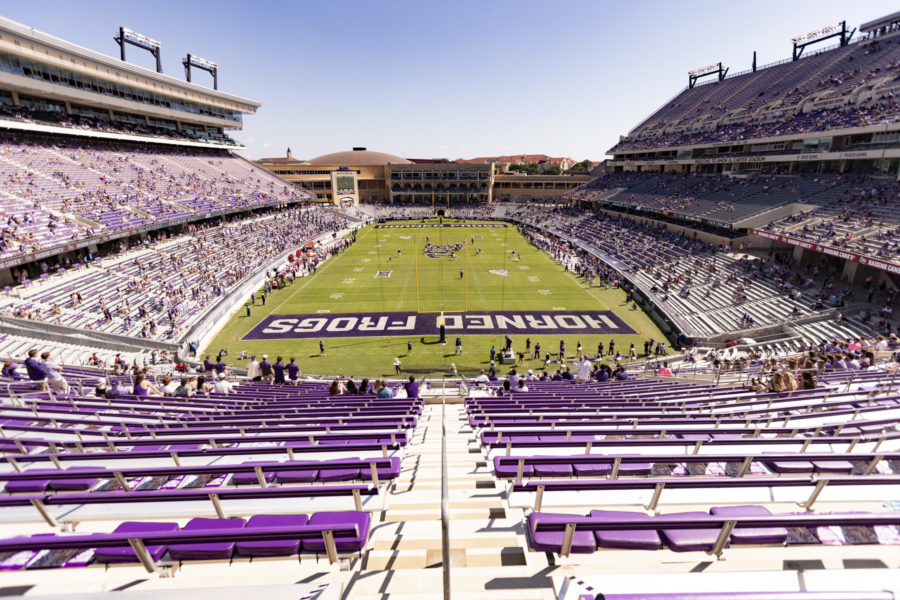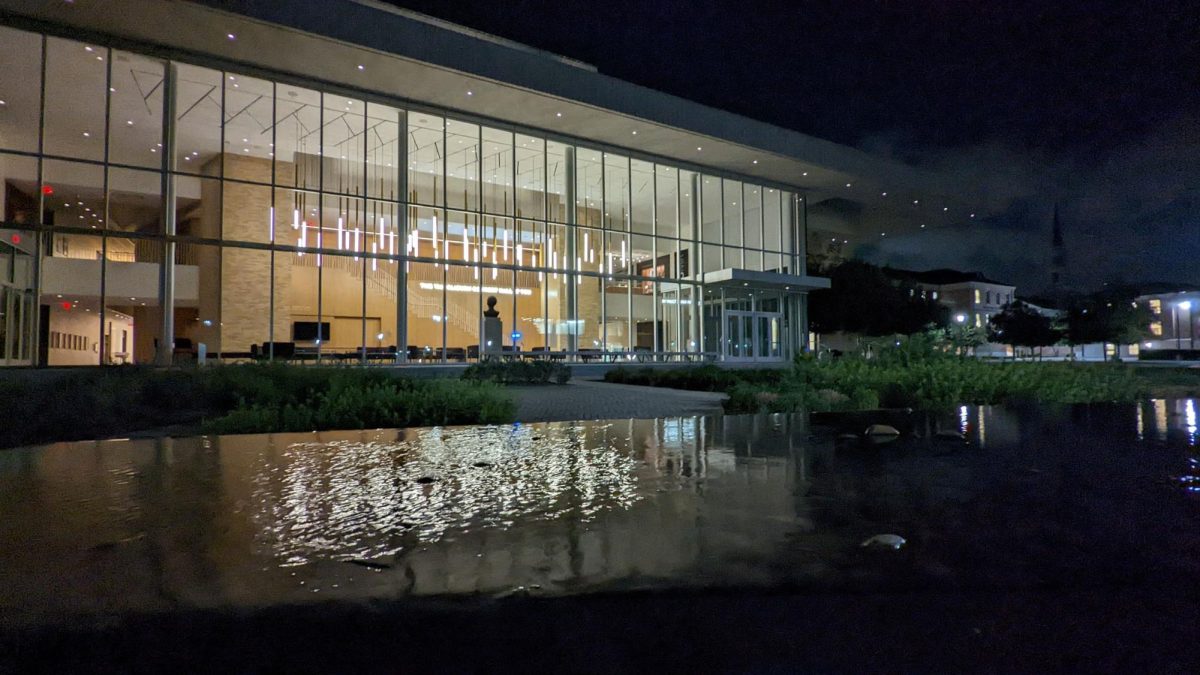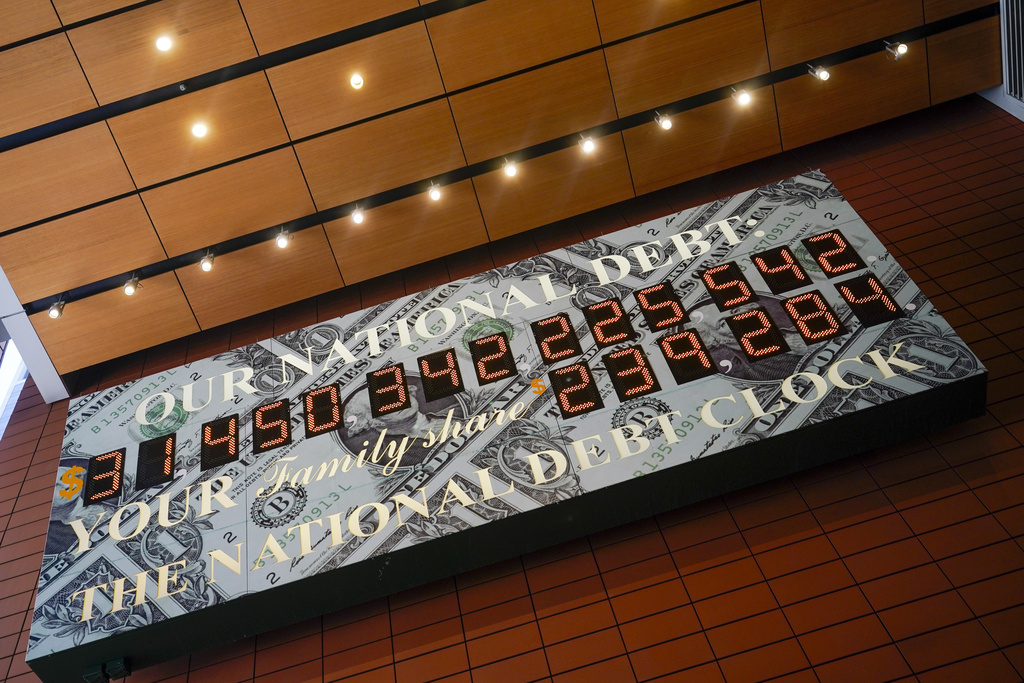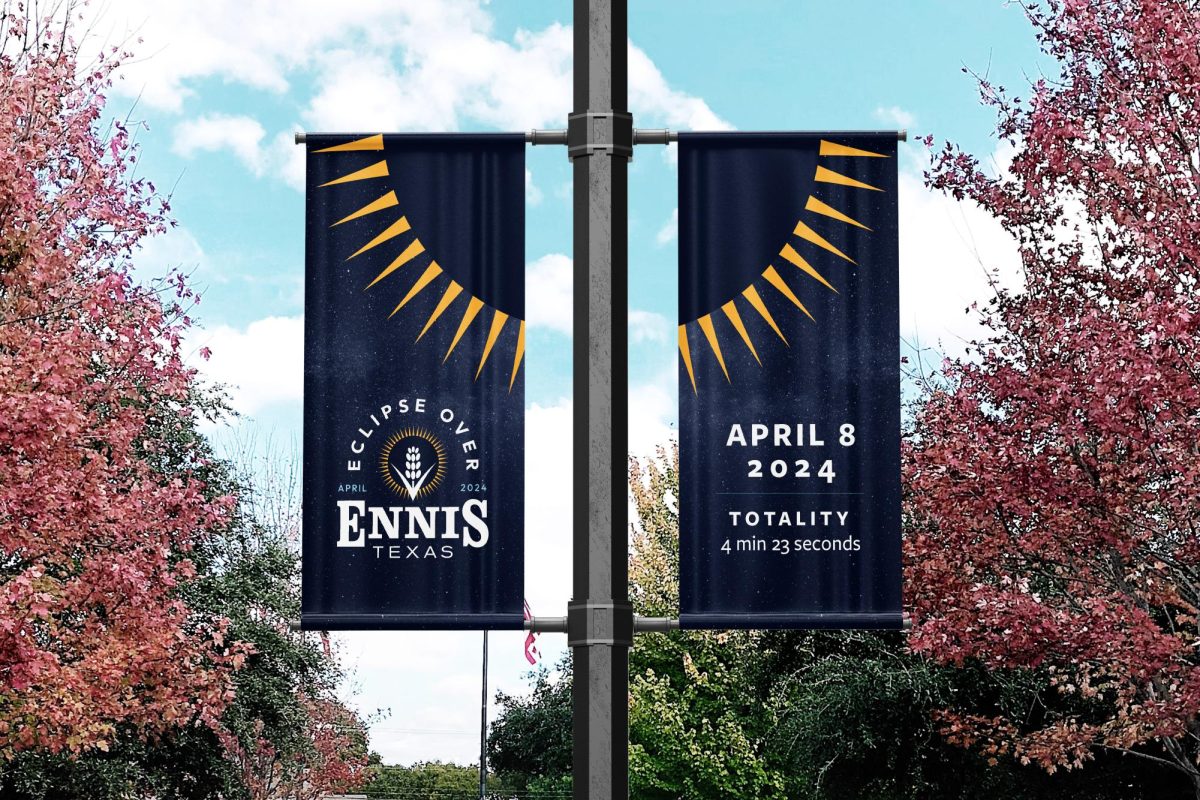After two years, countless hours, and a win at the North Texas Regional Future City competition, three McLean Middle School students will compete on the national stage in Washington, D.C.
As the nation’s largest not-for-profit engineering education program, Future City Competition has more than 35,000 participants from 1,300 middle schools nationwide, according to the Future City website.
Students in sixth through eighth grade take on the role of an engineer. With the guidance of a teacher and engineer mentor, they plan a city with SimCity 4 Deluxe software; formulate solutions to an engineering problem; build a scale model using recycled materials; and present their project to a panel of judges, eighth grade participant Emily Yurk said.
At the North Texas Regional Future City Competition on Jan. 21, the team of Mclean students placed first out of 56 teams. This is the team’s second and the school’s fourth regional win in a row, teacher mentor Ron Boley said.
Boley and the team’s engineer mentor Jeff Yurk believed the team’s past experience has prepared them for nationals.
“They know where their holes were last year, and they have studied hard to fill them, so I think they are going to have an edge there,” Yurk said.
“This isn’t their first rodeo,” Boley said.
This year’s theme, “Fuel your Future,” required students to construct a city focused on the development and practical use of renewable resources eighth grade participant Wyatt Reeves said.
In an effort to move their futuristic representation of Beaumont, Texas away from its oil-rich history, the students included a magnetic levitation transportation system and a solar power grid in their model, according to the team’s presentation.
“It is important to look toward the future when you are planning today’s policies,” Reeves said. “The statistics show that oil is running out and it’s very polluting.”
Yurk specializes in air quality and works in the enforcement division of the Environmental Protection Agency. His knowledge of renewable resources helped the team in designing the futuristic technologies for the model city.
“One of my favorite technologies was the multifunction solar cells,” eighth grade participant, Emily Yurk said.
The competition is designed to apply math and science skills to real-world issues. Participants learn how a city works and explore careers in engineering, while developing teamwork, writing, public speaking, problem solving and time management skills, according to the Future City website.
“If you’re trying to get a child to learn in school, you are not usually offering them a prize other than a good grade. Here, they have a big prize,” Jeff Yurk said. “When they work really hard and they end up winning, it shows that hard work is positively reinforced."
Future City provides round trip transportation, hotel and food accommodations in Washington, D.C. The grand prize is a trip to U.S. Space Camp. First and second places both include cash prizes awarded to the schools’ technology departments, Boley said.
The National Engineers Week Future City Competition will take place from Feb. 18 to 22 in Washington, DC.




